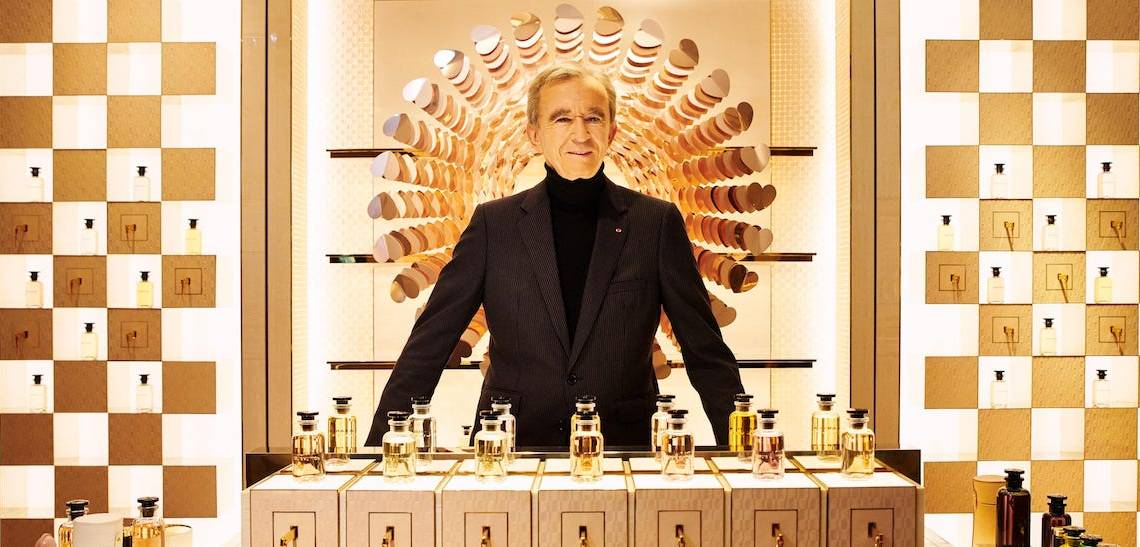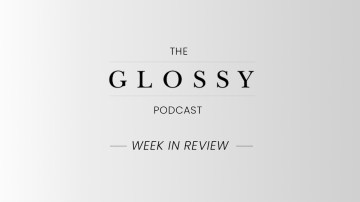On the heels of the recent appointment of Raffaella Cornaggia as CEO of Kering Group’s new beauty division in February, LVMH is also reshuffling its beauty C-Suite.
On Tuesday, LVMH announced a slew of promotions alongside completing a reorganization of the portfolio by category. It appointed Stéphane Rinderknech as CEO of its beauty division. In his new role, Rinderknech will oversee the group’s beauty businesses, which include Parfums Christian Dior, Guerlain, Maison Francis Kurkdjian, Kendo and 11 other brands. He will also continue to manage the Hospitality Excellence division.
Stéphanie Médioni, executive president of the Beauty Division, will report to Rinderknech. Additionally, reporting to Rinderknech are new appointments. That includes Véronique Courtois, who will lead Parfums Christian Dior as president and CEO, and Gabrielle Saint-Genis Rodriguez, leading Guerlain as president and CEO.
Rinderknech spent 19 years at L’Oréal working in foreign markets, both in the Americas and Asia Pacific. Described by then-L’Oréal Group CEO Jean-Paul Agon as an energetic man, Rinderknech was promoted to CEO of L’Oréal China in 2016, which, under his management, became the L’Oréal Group’s second largest subsidiary and its fastest growing market. In October 2019, Rinderknech was appointed president and CEO of L’Oréal USA, the company’s largest subsidiary, and evp of North America. He joined LVMH in 2022 and has been leading the group’s Hospitality Excellence division, which includes Hôtels Cheval Blanc and Belmond Hotels and Trains.
“Stéphane has, since his arrival, guided the rebound of our hotel activities with considerable strategic agility, driving tremendous momentum across the entire organization,” said Bernard Arnault, chairman and CEO of LVMH, in a statement.
The appointments follow LVMH’s recent revenue growth of 23% to $82.6 billion for 2022, with a “record performance” from Sephora boosting overall sales. Yet, its wine and spirits, perfume and cosmetics, and watch and jewelry divisions underperformed against analyst expectations. The luxury and prestige beauty categories are seeing intense competition as they work to solidify their positioning. The Estée Lauder Companies recently shored up its ownership over Tom Ford Beauty by acquiring the entire brand for $2.8 billion. And with the successful introduction of Gucci Beauty in 2019, other fashion houses have jumped into the space, including Valentino Beauty (licensed by L’Oréal), Victoria Beckham and Jason Wu. Kering Group, which owns the Gucci fashion house, has signaled its interest in establishing a stronger beauty portfolio. Gucci Beauty is currently in a licensing agreement with Coty Inc. that will expire around 2028.
Arnault, in LVMH’s fourth-quarter and year-end 2022 earnings call, stated that Celine has reached the €2 billion revenue mark. He said it “bodes well for the future of this iconic brand” because of its desirability and attraction to young people, adding that Celine fragrance has performed well in sales. LVMH recently launched Stella McCartney Beauty in 2022. Past LVMH fashion houses to try their hand at beauty include Kenzo, circa 2004, and Marc Jacobs. The latter was managed by LVMH beauty incubator Kendo and wound down operations in 2021. Its other notable fashion houses include Louis Vuitton, Emilio Pucci, Fendi and Loewe.
How much more luxury and prestige beauty the world can easily absorb is hard to say. Still, there are other pressing concerns in the industry. That not only includes the increased legacy competition and challenger luxury brands like Augustinus Bader, but also the macroeconomic climate and downward pressure from China’s Covid-19 sales recovery. Arnault, in the fourth-quarter and year-end 2022 earnings call, remained confident, claiming that LVMH has continued to grow market share since 2019 despite headwinds.
“The consequence of the great work put in by the teams in the various Maisons … has allowed us, during these difficult years marked by the economic and health crisis, to increase our market share,” he said.




